Breaking
- MENU

The State Department this week issued a report that once again rejects China’s claims to exclusive sovereignty over the South China Sea — the so-called “Nine-dash line.” It is the first such report to appear in several years and is yet another indication of Washington’s ongoing concern over China’s aggressiveness in East Asia. Ironically, on the same day that the report appeared, Beijing continued to fill the vacuum that the United States has been creating in the Middle East: In Damascus, the government of Bashar al-Assad announced that Syria has joined China’s Belt and Road Initiative, while in Wuxi, China, Beijing and the Gulf Cooperation Council (GCC) issued a joint statement calling for a strategic partnership, to include, among other things, an eventual free trade area.
Washington’s primary concern in the Middle East appears to be a revival of the Joint Comprehensive Plan of Action (JCPOA) with Iran. Beyond reaching a renewed nuclear arrangement with Iran, the Biden administration has made it clear that East Asia and Europe are its priority concerns. And both China and regional actors have not failed to take notice.
Syria’s interest in the Belt and Road Initiative has been driven by its vulnerability to American and European economic sanctions. As the government’s official mouthpiece, the Syrian Arab News Agency said “the initiative … helps open broad horizons of cooperation with China … including the exchange of goods, technology, capital, activating the movement of individuals, in addition to cultural exchange.”
Several Middle Eastern analysts have pointed out that Chinese leaders are comfortable with dealing with another corrupt regime, and indeed one that has successfully resisted American efforts in support of regime change. Moreover, China is deeply concerned about the presence of members of the Uyghur independence movement in the Syrian city of Idlib, and what it perceives to be links between these individuals and Turkey. China’s relations with Turkey are quite brittle; China has publicly criticized Turkish operations in Syria and Iraq. Beijing looks to Assad to rid the Uyghur elements from Syria.
These reasons are secondary, however, to Beijing’s employing its traditional approach to penetrating economically weaker nations and then exploiting them politically. With Washington unlikely to support anything other than humanitarian aid to Syria, the door is open for China to have a major role in Syria’s reconstruction — and ultimately to expand its political influence in Damascus, as well.
Unlike Syria, the GCC states are certainly not economically weak. But they are increasingly uneasy about America’s reliability and will be even more so if Washington does reach a nuclear deal with Tehran. China’s pro-government Global Times reported GCC Secretary-General Nayef bin Falah Al-Hajraf as saying that “the GCC greatly appreciates China’s important influence and positive role in international and regional affairs.” The import of his statement is abundantly clear, and the fact that Nayef has been accompanied by the foreign ministers of Saudi Arabia, Bahrain, Kuwait and Oman indicates that he is not speaking simply on his own behalf.
The Biden administration recognizes that China’s threat is global, not regional. It has not acted consistently on the basis of that reality. While it has indeed moved Europe to restrict China’s access to its infrastructure, it has been far less active to assert its concerns in the Middle East. It is not merely a matter of stationing more or fewer forces in the region. More importantly, the administration must cease to signal that the Middle East somehow has become a lower priority for the United States. If it continues to do so, more regional doors will be open to a predatory China, with serious repercussions for America’s national security in the years ahead.
Note: This article was originally published in The Hill on 14 January 2022 and has been reproduced with the permission of the author. Web Link
As part of its editorial policy, the MEI@ND standardizes spelling and date formats to make the text uniformly accessible and stylistically consistent. The views expressed here are those of the author and do not necessarily reflect the views/positions of the MEI@ND. Editor, MEI@ND: P R Kumaraswamy

Dov S. Zakheim is a Senior Fellow at CNA Corp and Senior at the Centre for Strategic and International Studies (CSIS) Washington. Previously he served as Under Secretary of Defense (Comptroller) and DoD Chief Financial Officer (2001-04) and as DoD Coordinator of civilian programs in Afghanistan (2002-04). From 1985 to 1987, he was Deputy Under Secretary of Defense for Planning and Resources. He sits on various corporate boards and is Vice-Chairman of both the Foreign Policy Research Institute and Center for the National Interest. He is also the author of Flight of the Lavi: Inside a US-Israeli Crisis (Brassey's 1996).

The longer Israel holds off entering the Gaza Strip, the greater will be the number of voices around.....
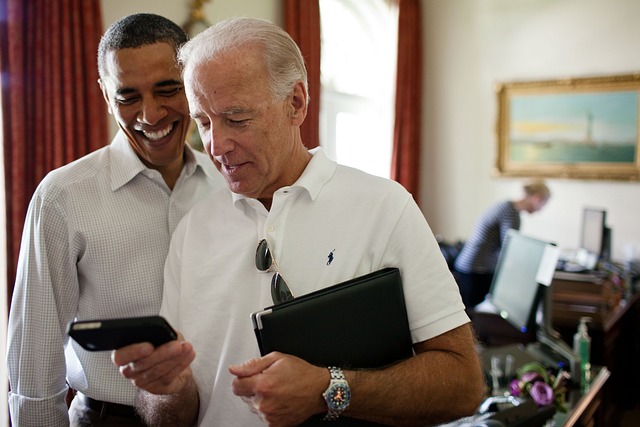
It was rather amusing to see President Joe Biden hugging Israeli Prime Minister Benjamin Netanyahu u.....
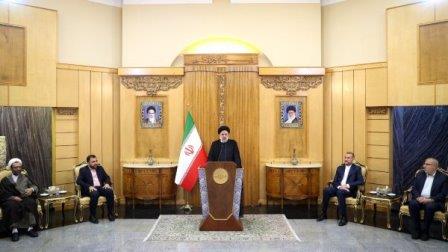
The Biden administration’s money-for-hostage exchange with Iran has, not surprisingly, generat.....

On its face, there is little that the United States can do to help prevent Israel from destroying it.....

In 1996, when Benjamin Netanyahu was first elected prime minister, Israel was still basking in the a.....
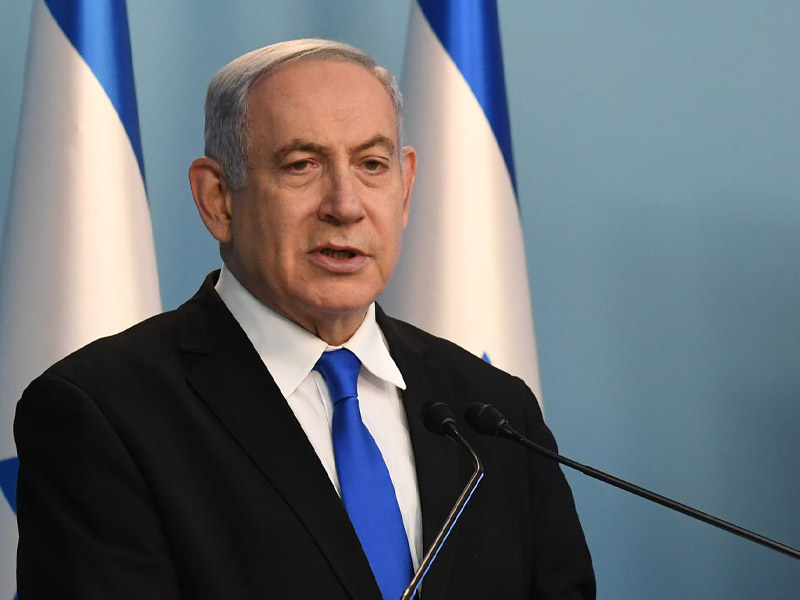
As the world watches Vladimir Putin brazenly annex chunks of eastern Ukraine, one politician in part.....
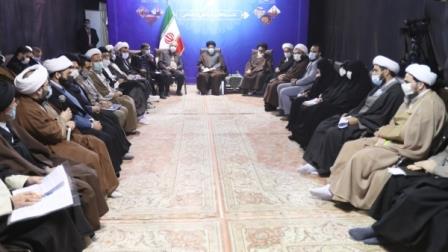
Israel and Turkey recently announced that, once again, they would upgrade their relations to full di.....
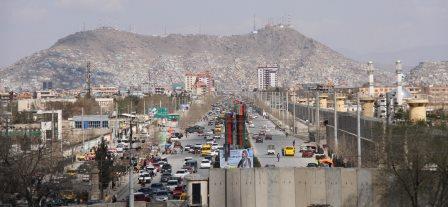
The one year anniversary of the Biden administration’s chaotic exit from Afghanistan has provi.....
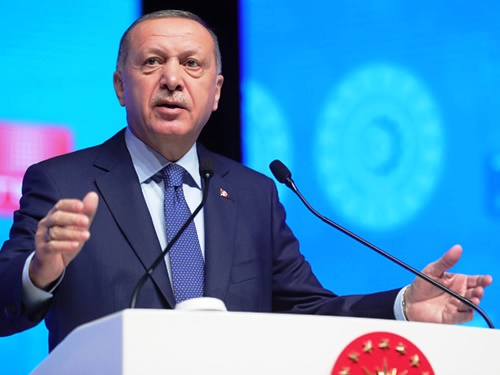
“Unpredictable” is an understatement when describing Turkey’s authoritarian presid.....

Joe Biden’s visit to Saudi Arabia did not exactly work out as the president perhaps had antici.....
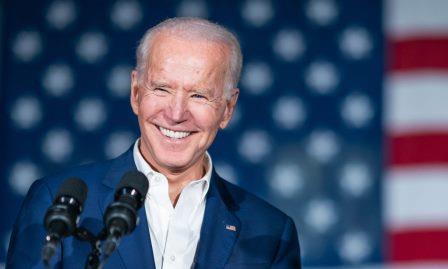
As President Biden often reminds his Israeli interlocutors, he first visited Israel in 1973 when Gol.....

It is not often that a government falls over a few crumbs. But that is exactly what could happen to .....

In what proved to be the last book he wrote before his death, “No Room for Small Dreams,&rdquo.....

Even as the left wing of the Democratic Party continues to blast Israel — to the degree that t.....
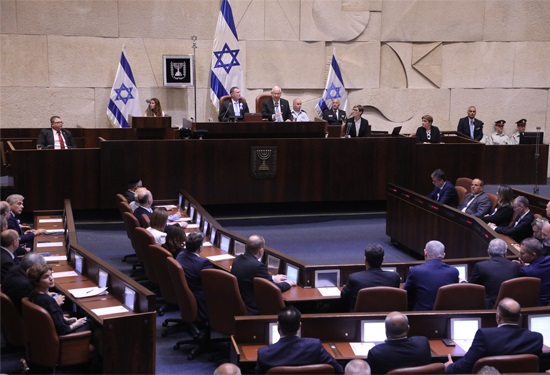
Several days ago, a group of so-called progressive Democrats, led by the “Squad” &.....

The Israel-Hamas ceasefire appears to be holding. President Biden has reiterated his commitment to a.....

At the time of writing, the increasingly bloody war between Israel and Hamas continues apace. At som.....
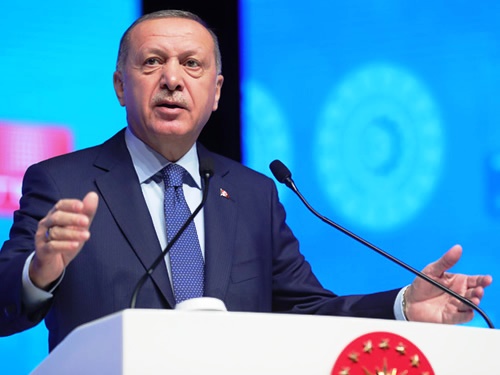
The chasm between Washington and Ankara grows wider by the day. President Biden’s decision to .....

Jordan’s arrest of about twenty leading officials accused of plotting to overthrow King Abdull.....
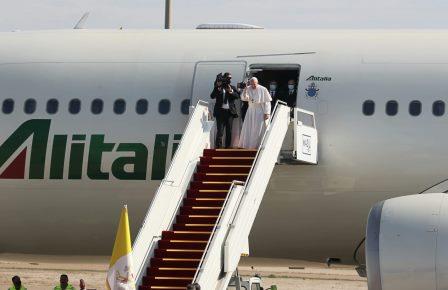
“It was an amazing visit.” That’s how Iraqi President Barham Salih summed up to me.....
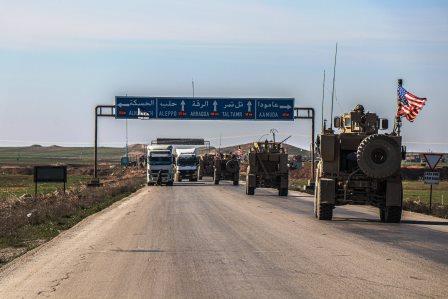
President Trump appears determined to withdraw as many troops as he can from the Middle East before .....

Forty years ago, the Reagan administration sought to sell AWACS early-warning and control aircraft t.....
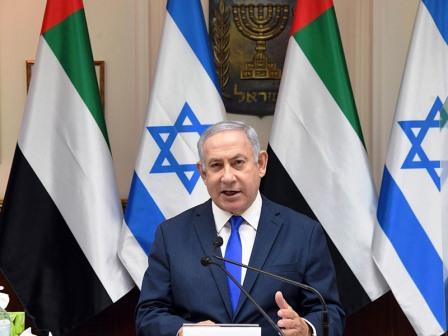
Having hosted a successful White House ceremony to formalize the normalization of Israel’s rel.....

Donald Trump’s electoral prospects appeared to be fading away; for weeks Joe Biden was leading.....

Washington continues to be consumed by speculation and debate over whether the United States should .....
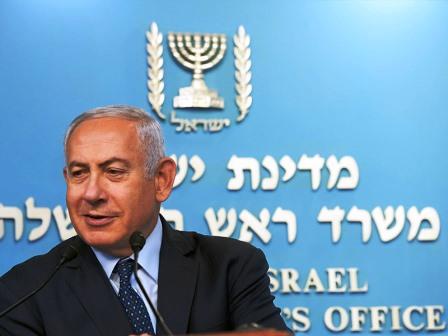
While Americans are agonizing over the wisdom of killing Iranian Quds Force leader Qassim Suleimani,.....
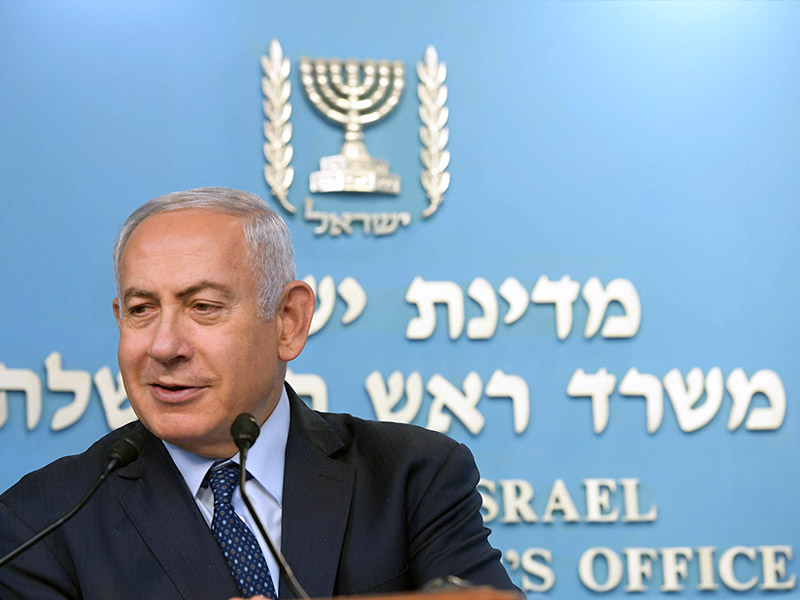
For months, Israel’s pundits predicted that Prime Minister Binyamin Netanyahu once a.....
